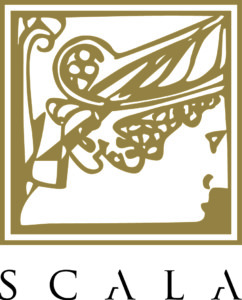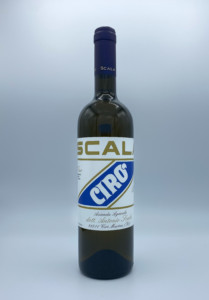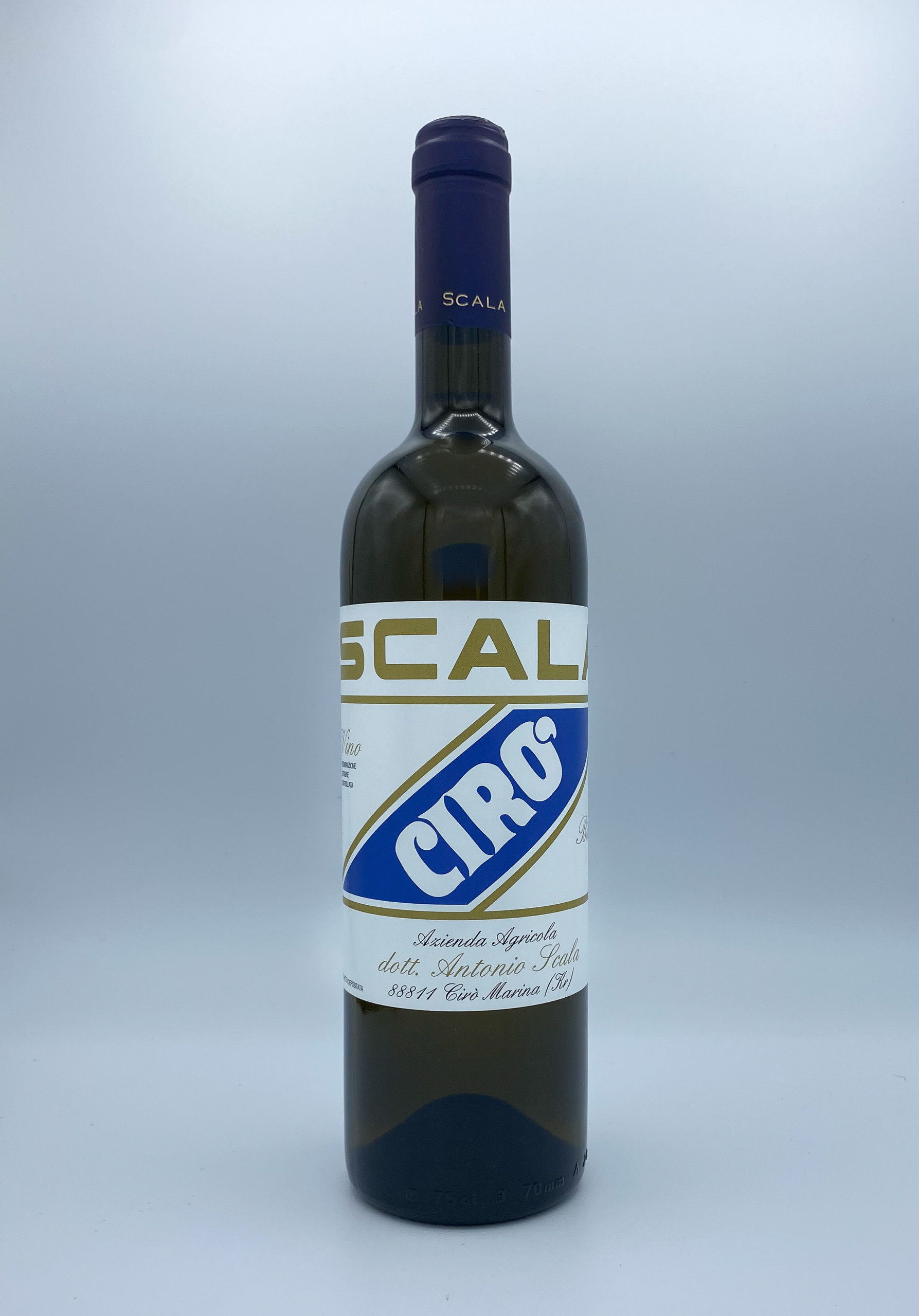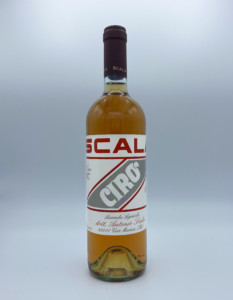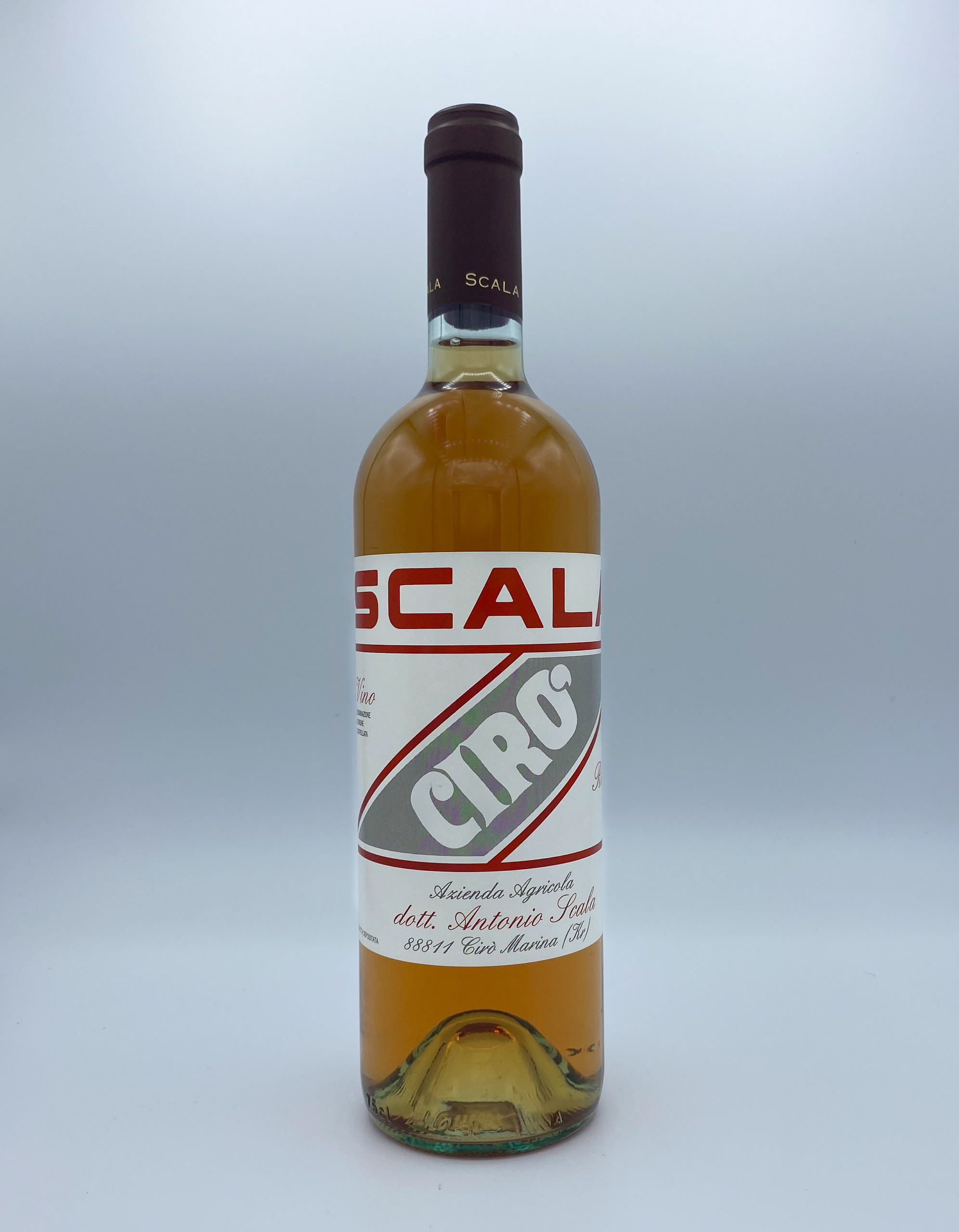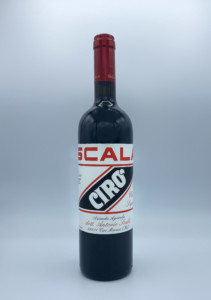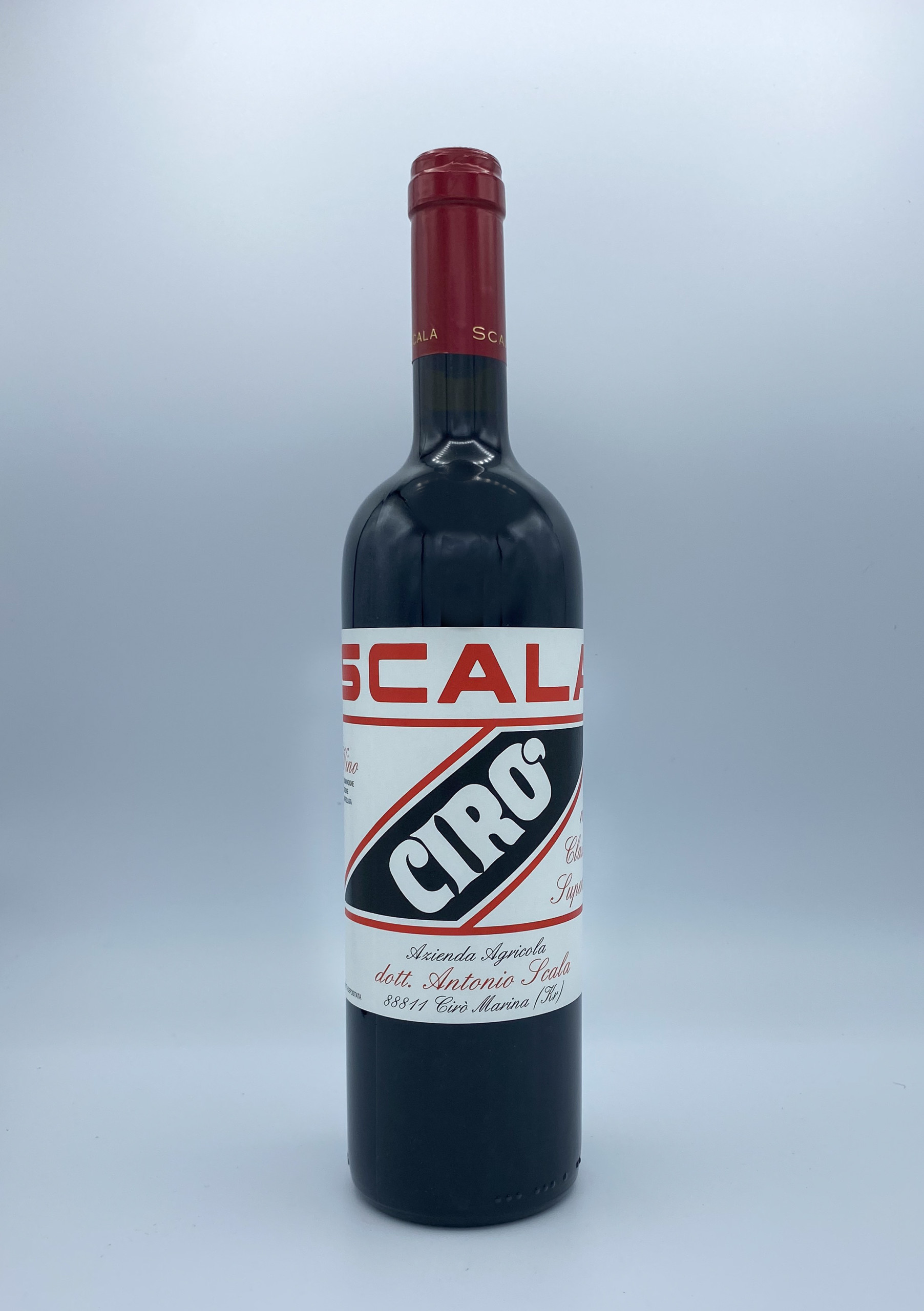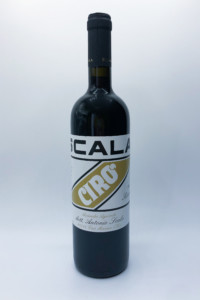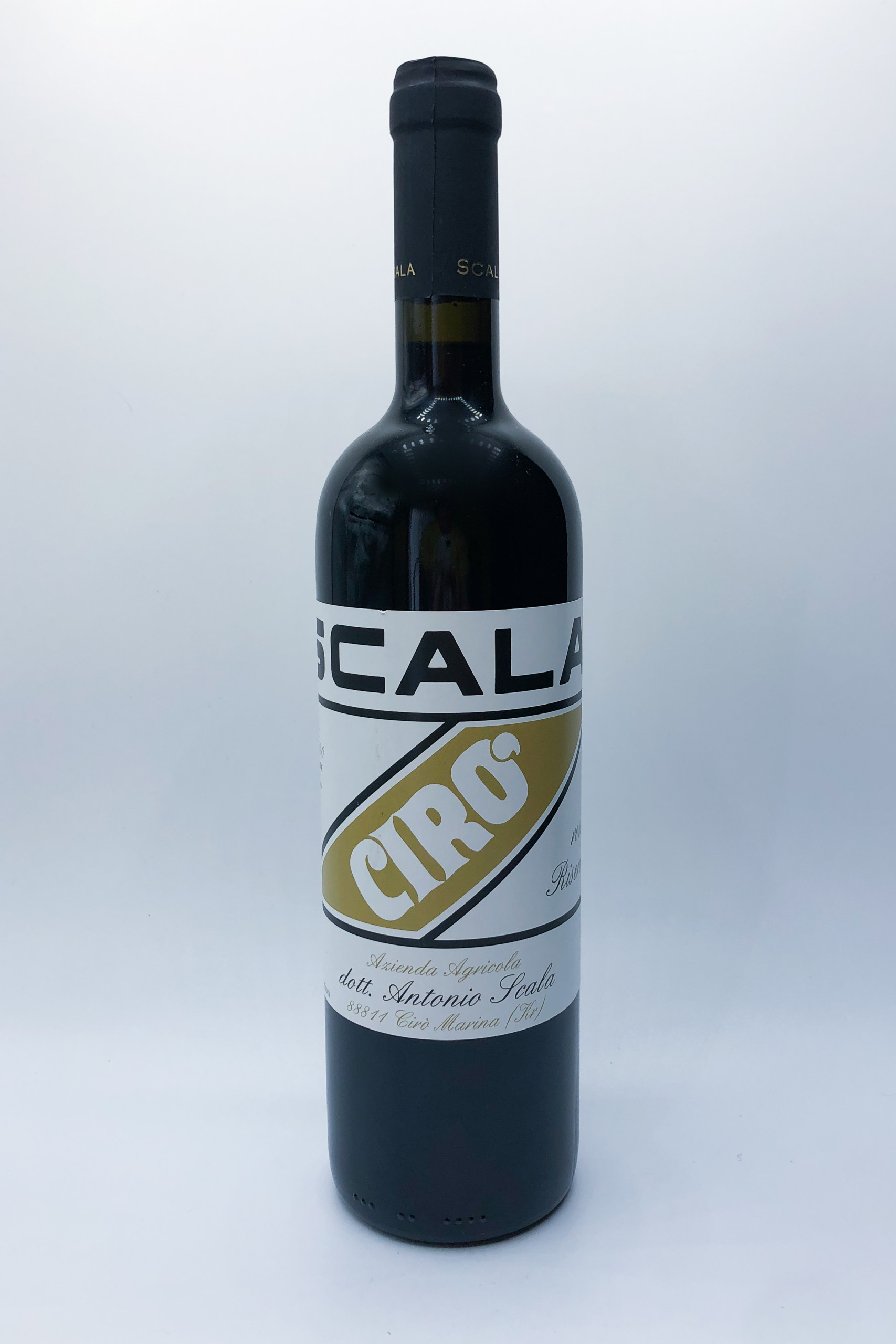Scala
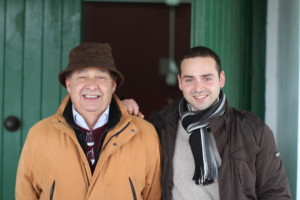
Luigi & Francesco Scala
About
Owner & winemaker: Francesco Scala
Vineyards: 13ha, all estate-owned
Vineyard management: Certified organic
Soils: Clay
Grapes grown: Gaglioppo, Magliocco, Greco Nero, Greco Bianco, Pecorello
Annual production: 100,000 bottles
Quick facts:
- Focused on tradition, the family grows only native grape varieties and still uses the same concrete tanks from the 1950s.
- The red wines are known for powerful tannins and aromas of leather and juniper berries, making them a perfect companion for red meat, wild game, and aged cheeses.
- “We are proud to have arrived at the third generation of winemakers and we hope that Scala wines will continue to be produced for a long time thanks to the next generations.” – Francesco Scala
The winery was founded in 1949 by Antonio Scala, and restructured in 2005 by his son Luigi. Francesco, having joined the business in 2008, represents the third generation of winemakers and currently manages the cellar and the 13ha of estate vineyards. For Francesco, their winemaking philosophy can be summed up in one word: tradition. Even though the current appellation laws allow the use of up to 20% of other, non-native varieties, the Scala family continues to make the Cirò Rosso Classico Superiore and Riserva with 100% Gaglioppo, the Cirò Rosato with 100% Gaglioppo, and the Cirò Bianco with 100% Greco Bianco. The red wines are still fermented and aged in the same concrete tanks used since the 1950s.
The rolling hills, clay soils, and the particular microclimate of Ciro between the Ionian Sea and the Apennines make this region unique. Summers are long, hot, and dry, with considerable temperature shifts, leading to grapes ripening in August. The low humidity makes organic farming relatively simple. The main challenges are the difficulty in finding staff and the threat of wild boars. The wines produced from this terroir are mineral-driven, savory, and well-structured. As Francesco explains, “Without a doubt, the passion for wine and the love of the terroir are the foundation of this work.”

